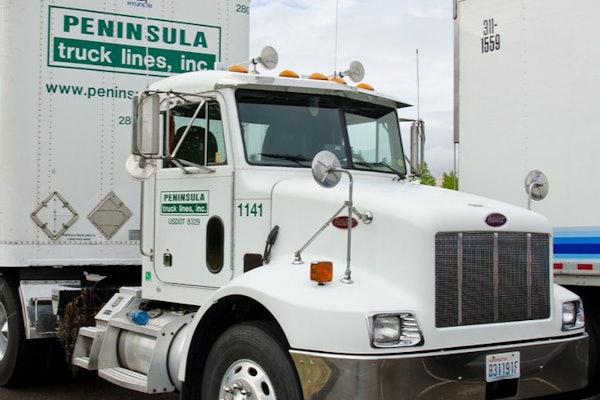After a near two-month suspension of a mandate requiring that all diesel fuel sold in Minnesota be blended with at least 2 percent biodiesel, the fuel has returned to tanks and pumps across the state.
In September 2005, Minnesota became the first state in the nation to require the use of a 2 percent biodiesel composition in all of its diesel fuel. But allegations in December that the soybean-based fuel was clogging fuel filters, particularly in colder weather, prompted the Minnesota Department of Commerce to issue an initial three-week suspension of the state’s biodiesel mandate, extending the waiver on Jan. 13 for an additional 30 days through Feb. 10.
The waivers allowed fuel producers and distributors additional time to identify and remove any out-of-specification product from their distribution systems. While a host of factors likely contributed to the clogging problems, initial testing showed that some batches of biodiesel may not have conformed to required fuel specifications because of improper blending. High levels of glycerin, a waxy substance formed at temperatures of zero to minus 10 Celsius, formed a gel-like substance in the fuel in some instances, clogging filters.
“Although investigations have indicated that other factors unrelated to biodiesel may have led to at least some of the filter-plugging reports in Minnesota, there’s no question that off-spec biodiesel can have a severe reaction in cold weather, even in low blends,” Steve Howell, technical director for the National Biodiesel Board, told the DTN news service.






